COLD AND CARDIOVASCULAR HEALTH
Winter evokes nostalgia and puts a smile on many faces. A drop in temperature does not cause problems for many people. Exposure to cold impacts the blood vessels leading to contraction as well as an increase in blood pressure, heart rate, and the work of the heart muscle.
Our body makes certain physiological adjustments in a cold environment to preserve core body temperature. These adjustments are normal but, for people with heart disease, these can pose a great challenge.
Exercise in combination with cold further increases stresses on the cardiovascular system. Cold temperatures aggravate cardiac symptoms such as angina, arrhythmias along with an increased myocardial infarction and sudden cardiac death.
Cold weather puts pressure on the heart to work harder to keep the body warm. As the temperature drops, your blood vessels constrict and the heart pumps blood to the brain and other important organs. The blood clots faster during the cold months which can result in a heart attack or stroke.
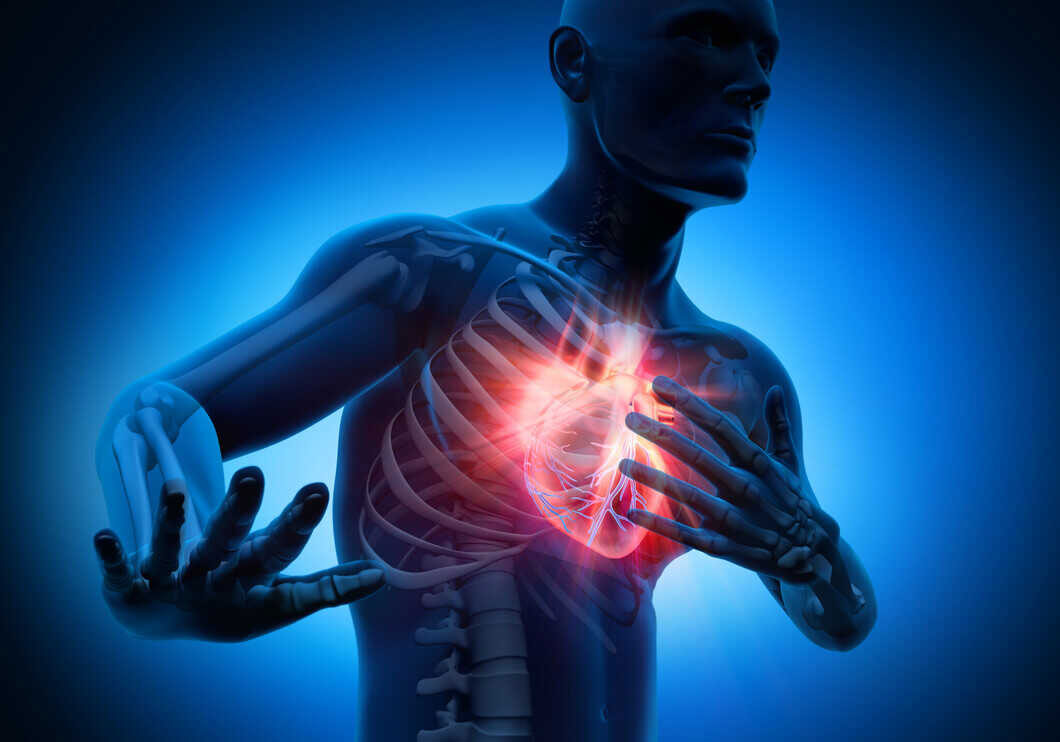
EFFECT OF COLD ON THE CARDIOVASCULAR SYSTEM OF HEALTHY PEOPLE
Cold not only impacts people with existing medical conditions but also healthy people. Low temperatures impact various body parameters such as:
- Blood pressure: The skin detects the drop in temperature upon exposure to cold through skin thermoreceptors. This would stimulate the sympathetic nervous system and induce a vasoconstriction reflex. These would decrease the diameter of the blood vessels preventing heat loss from the surface of the body. This also has the effect of increasing systolic and diastolic blood pressure.
- Heart rate: Heart rate does is not greatly affected by exposure of the body to cold air. But, the heart rate increases rapidly when such as when the hand is dipped in ice or when you inhale very cold air. The heart rate is increased slightly in the range of 5 to 10 beats per minute on exposure to cold air.
A drop in blood pressure and increase in heart rate poses a greater risk of atheromatous plaque rupture or cardiac arrhythmias in healthy people.
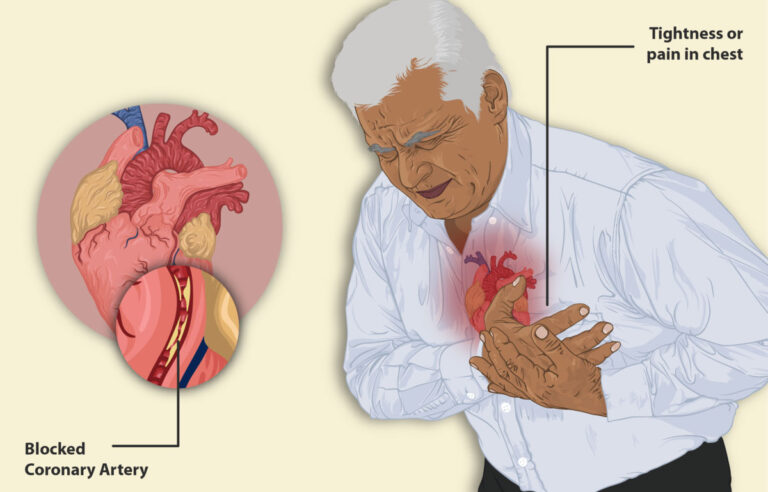
EFFECT OF EXERCISE IN COLD WEATHER ON CARDIOVASCULAR SYSTEM
Cold and exercise individually increase the heart’s oxygen demand. So, a combination of the two puts additive stress on the heart. Exercising in the cold causes an increase in systolic and diastolic blood pressure as well as doubles the cardiac work.
The blood flow to the coronary arteries (that supply the heart) increases due to the higher demand for oxygen by the heart muscle caused by cold weather and exercise. Cold causes a relative gap between the oxygen demand from the myocardium and the oxygenated blood supply during exercise.
Among other things the cold temperature can lead to:
- Your heart rate to increase.
- Your blood pressure increase.
- Your heart works substantially harder.
- An increase in the propensity for blood clotting.
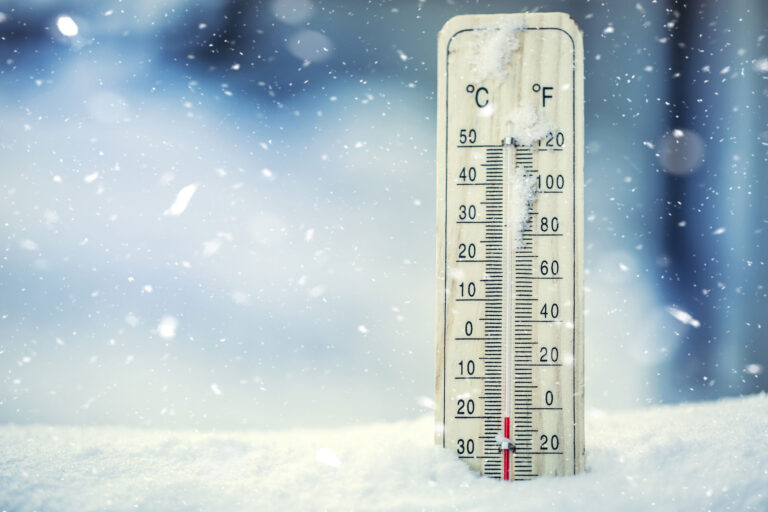
EFFECT OF COLD ON PEOPLE WITH CARDIOVASCULAR PROBLEMS
Hypothermia begins to set in when the body’s temperature falls below 95 degrees Fahrenheit (35 degrees Celsius). In the case of people suffering from heart conditions, the body cannot produce enough energy to warm itself. Symptoms of hypothermia include:
- Slowed bodily reactions
- Lack of coordination
- Shivering
- Sleepiness
- Mental confusion
Some of the heart conditions that aggravate due to cold temperature include:
1. Hypertension: The chances of an increase in hypertension are high in case of cold weather. The risk of cardiovascular conditions like myocardial infarction and stroke in people with hypertension.
2. Heart Failure: The heart of patients with heart failure is not able to pump enough blood to maintain the blood flow necessary to meet the body’s needs. Patients with heart failure do not have much leeway when the heart’s workload increases in cold weather or when they need to exert sustained physical effort. Cold combined with exercise further decreases the performance of people with heart failure.
3. Heart Attacks: Drop in temperature causes vasoconstriction, which is tightening of the arteries. The blood vessels in your heart shrink a bit when the temperature drops. This would decrease the amount of blood flow to the heart causing a heart attack. The heart has to work harder in cold weather to keep your body warm. So, your heart rate and blood pressure may increase. If the blood vessels are constricted it causes heart attack easily.
4. Cardiac Ischemia: Cold weather increases the work of the heart muscle. Usually, in coronary patients, there is a reduction in blood flow to the coronary arteries. The combination of cold and exercise increases the risk of cardiac ischemia, which is a lack of oxygen to the heart for coronary patients. The blood vessels become constricted in cold temperatures obstructing blood supply to the brain.
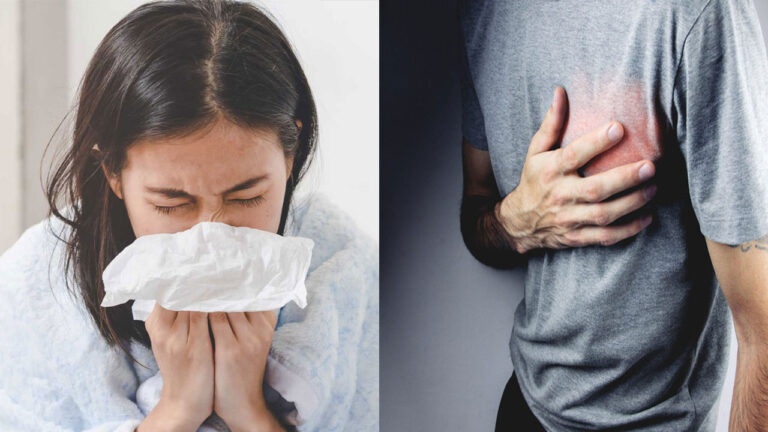
COLD WEATHER PRECAUTIONS TO KEEP HEART SAFE
The above conditions can cause acute cardiac problems. Healthy individuals and people with heart conditions should be careful when the temperature drops. Some of the below tips might be helpful:
1. Limiting cold exposure: You should not stay out in cold for a long duration. If you go out in cold dress warmly cover the head and feet properly.
2. Do not exert yourself in cold: People with heart conditions should not exert themselves in activities such as shoveling snow. Exertion would trigger a cardiac emergency, including angina, heart attacks, heart failure, and sudden death. The cardiologists recommend never shoveling wet, heavy, or deep snow. Walking rapidly or just being out in cold pushes people with heart conditions to exert themselves.
3. Do not overheat yourself: Getting warmly dressed along with exerting yourself would lead to overheating. This causes blood vessels to suddenly dilate leading to hypotension (low blood pressure) if you have heart disease. The best sign to know if you are overheated is that you find yourself sweating when you are out in cold. This sweating can be dangerous if you have heart disease.
4. Get a flu shot: Due to low humidity from cold and indoor heating you are at greater risk of catching the flu. Flu is dangerous for heart diseases. Getting a flu shot keeps you safe.
5. Do not drink alcohol: Before going out one should avoid alcohol as it expands blood vessels in the skin, making you feel warmer. Your body would draw heat away from your vital organs.
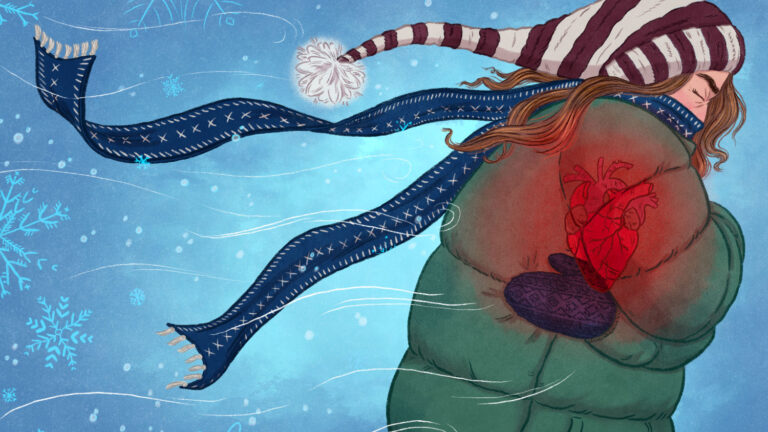
OUTLOOK
Cold temperatures lead to physiological stress on anyone. But, if you have heart disease this cold temperature can be dangerous or even life-threatening. Taking a few precautions can reduce your risk if you are in a cold environment. Enjoy your winter – just remember to stay safe.
If you or anyone you know is suffering from chest pain, our expert providers at Specialty Care Clinics will take care of your health and help you recover.
Call us on (469) 545-9983 to book an appointment with our specialists.
